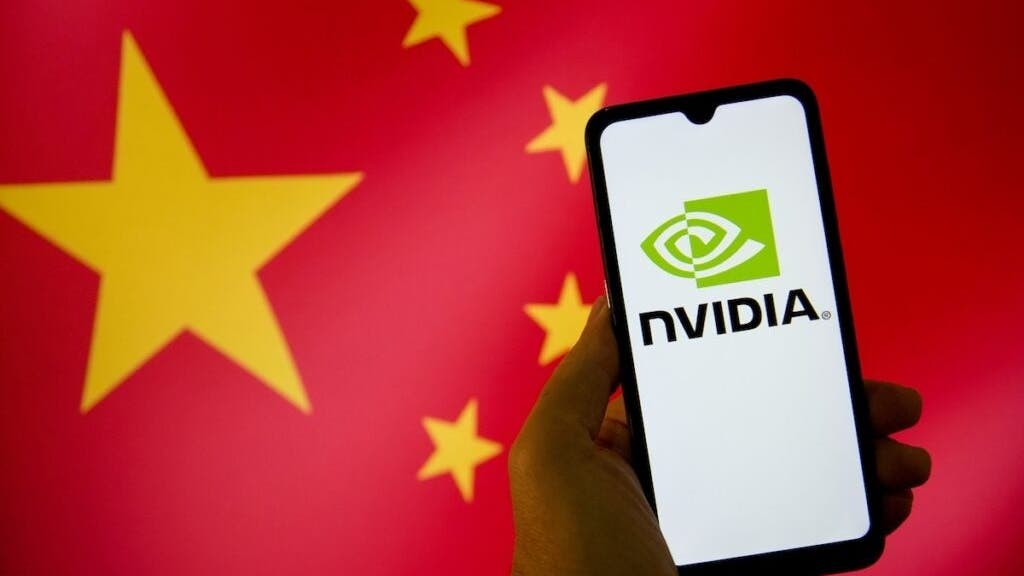Nvidia Corp. (NASDAQ:NVDA) shares slipped on Friday after reports surfaced that the company has halted work on its H20 artificial intelligence chip for China, just as domestic rival DeepSeek unveiled a new model optimized for local processors.
The developments underscore mounting headwinds for Nvidia in a critical market where Beijing is accelerating efforts to reduce reliance on U.S. technology.
DeepSeek, one of China’s most closely watched AI startups, launched its upgraded V3.1 model on Thursday. The system is designed to run on domestic chips, reflecting Beijing’s push for technological self-sufficiency.
Also Read: Nvidia’s AI Expansion Could Push Revenue To $300 Billion By 2026, Analyst Says
The update introduces faster processing capabilities, a new FP8 precision format, and a hybrid inference structure capable of toggling between reasoning and non-reasoning tasks. The company also added a “deep thinking” feature to its platforms and plans to implement new API pricing beginning September 6.
The move comes after DeepSeek encountered performance hurdles with Huawei’s Ascend processors, forcing the startup to rely on Nvidia hardware for earlier models. Its R1 release in January rattled global markets, erasing roughly $600 billion in Nvidia’s market value amid fears of a serious new competitor.
At the same time, Nvidia is facing heightened regulatory pressure in China. The company has reportedly instructed suppliers, including Amkor Technology (NASDAQ:AMKR) and Samsung Electronics (OTC:SSNLF), to suspend work on its China-focused H20 chip.
The pause follows meetings between Chinese regulators and tech giants such as Tencent Holdings (OTC:TCEHY) and ByteDance, in which officials urged companies to pivot away from Nvidia hardware in favor of domestic alternatives from Huawei and Cambricon.
Analysts caution that the disruption could weigh on Nvidia’s near-term results. KeyBanc Capital Markets estimates that excluding China sales could cut quarterly revenue by $2 billion to $3 billion. However, strong global demand and the company’s rollout of its next-generation Blackwell B200 chips may help offset some of the pressure. China contributed 13% of Nvidia’s revenue in fiscal 2024, highlighting the strategic importance of the market.
Despite the latest setback, Nvidia stock has gained more than 30% this year, cementing its dominance in the graphics processing unit segment as Big Tech players including Microsoft (NASDAQ:MSFT) and Meta Platforms (NASDAQ:META) pour billions into AI infrastructure.
Price Action: NVDA stock is trading lower by 1.14% to $172.98 premarket at last check Friday.

